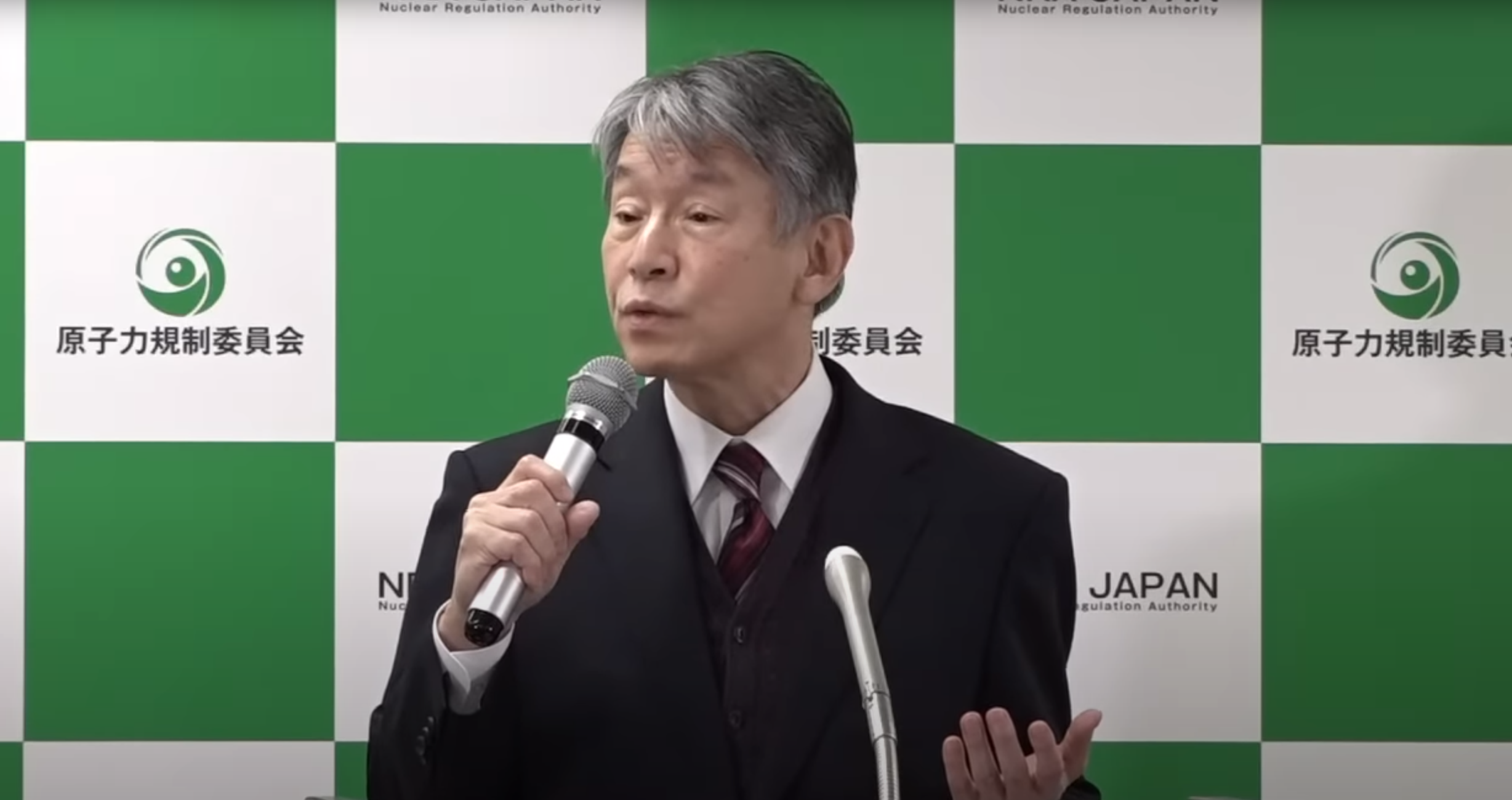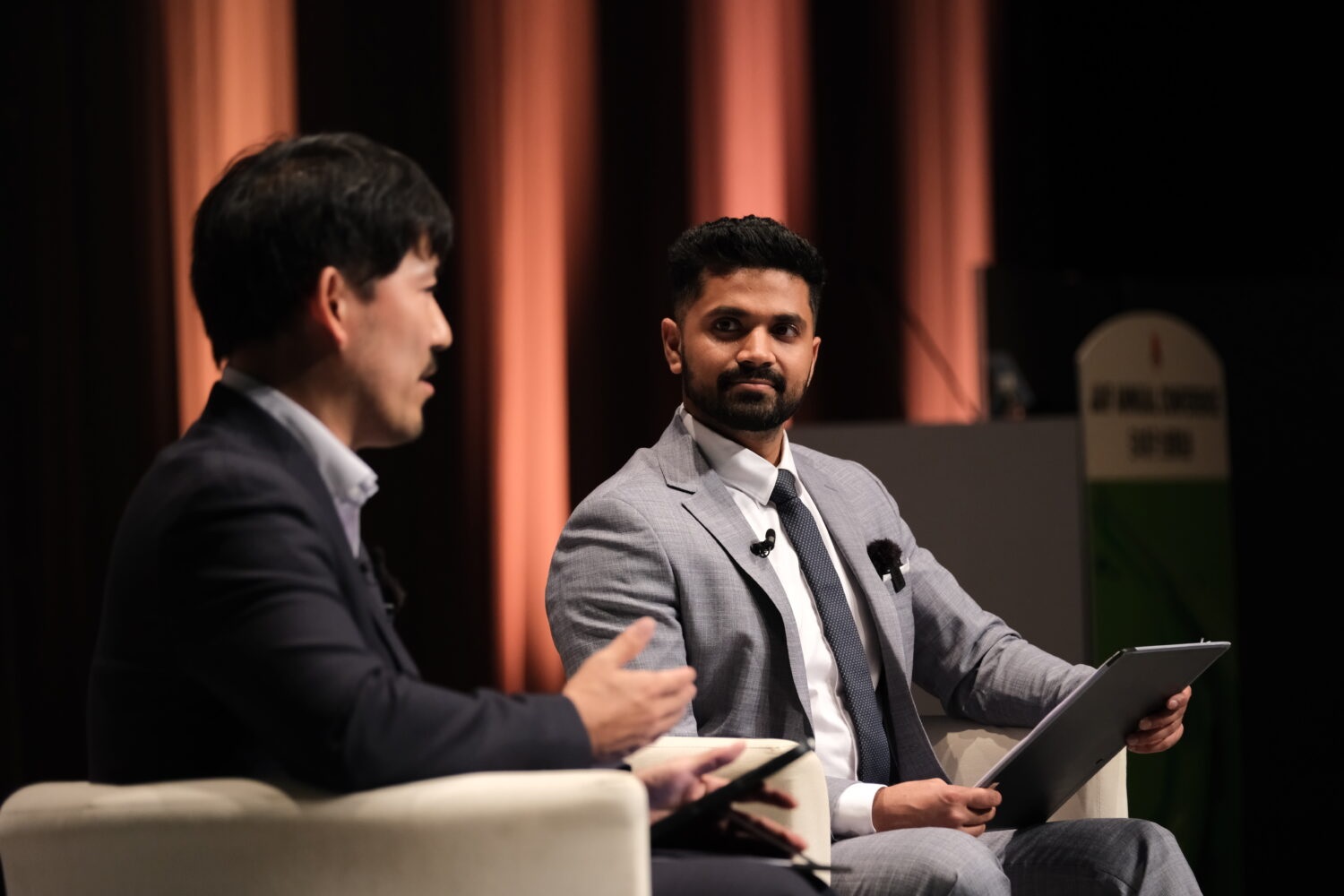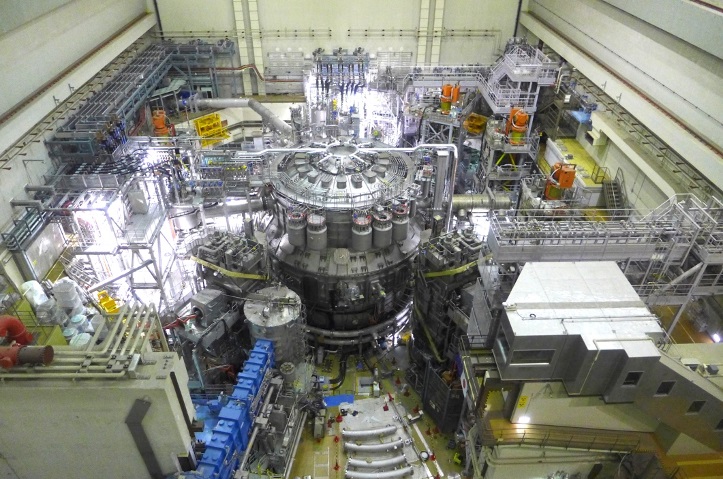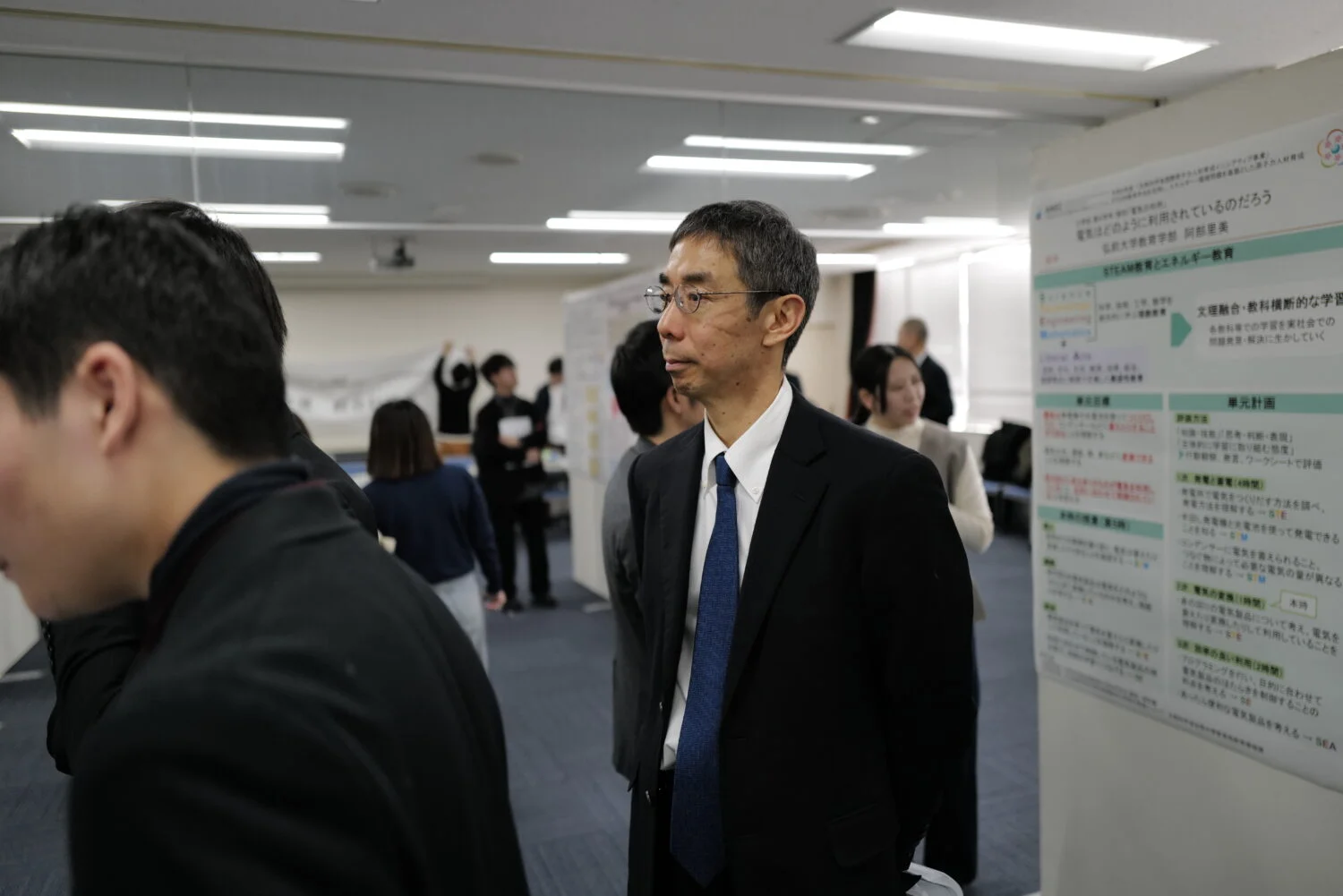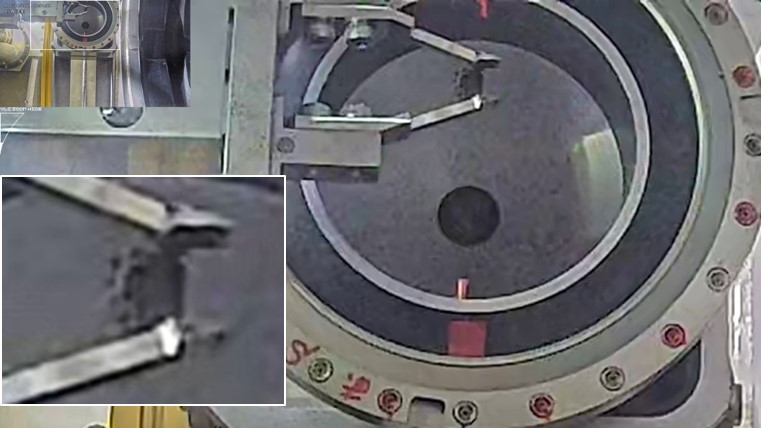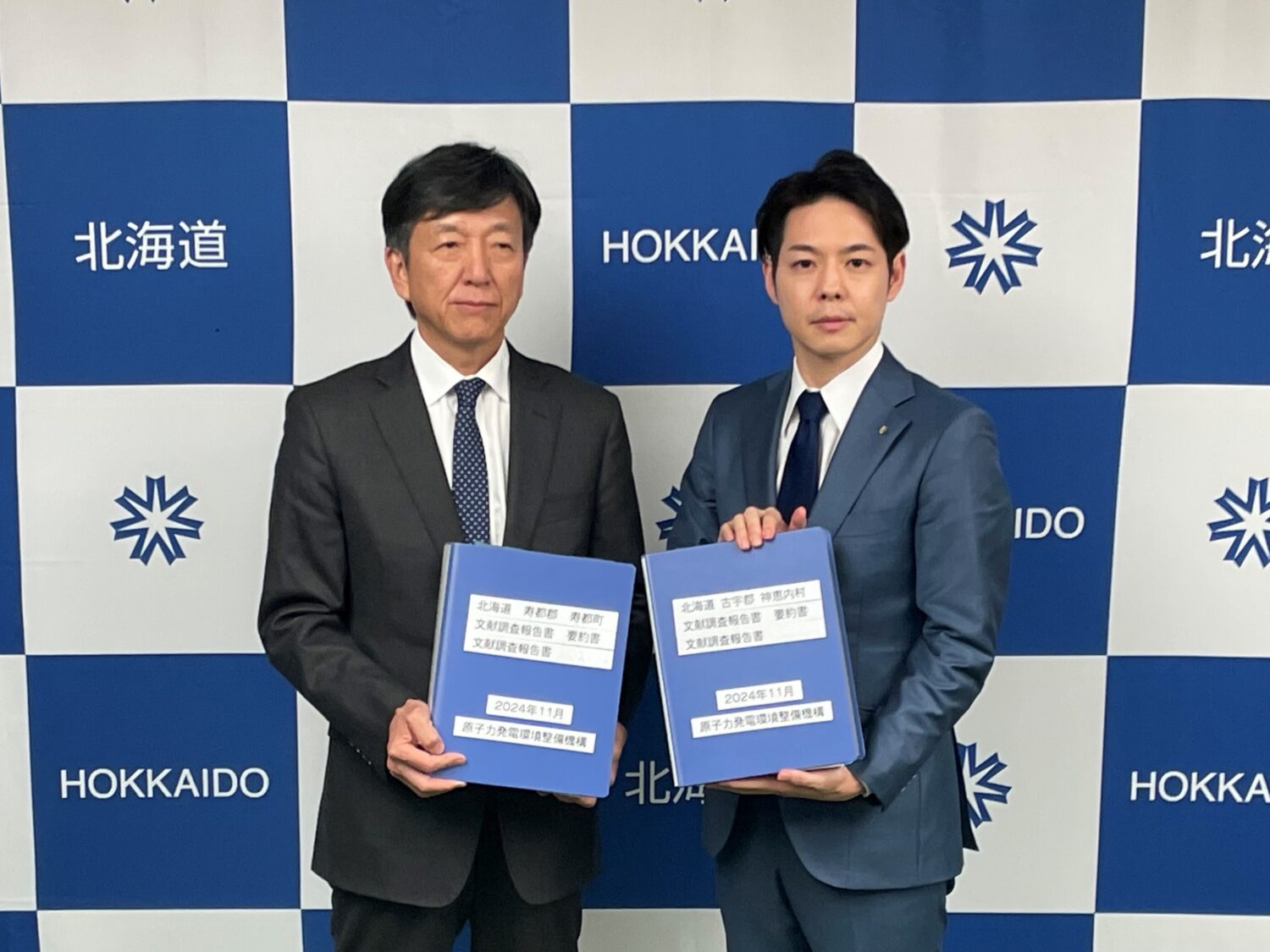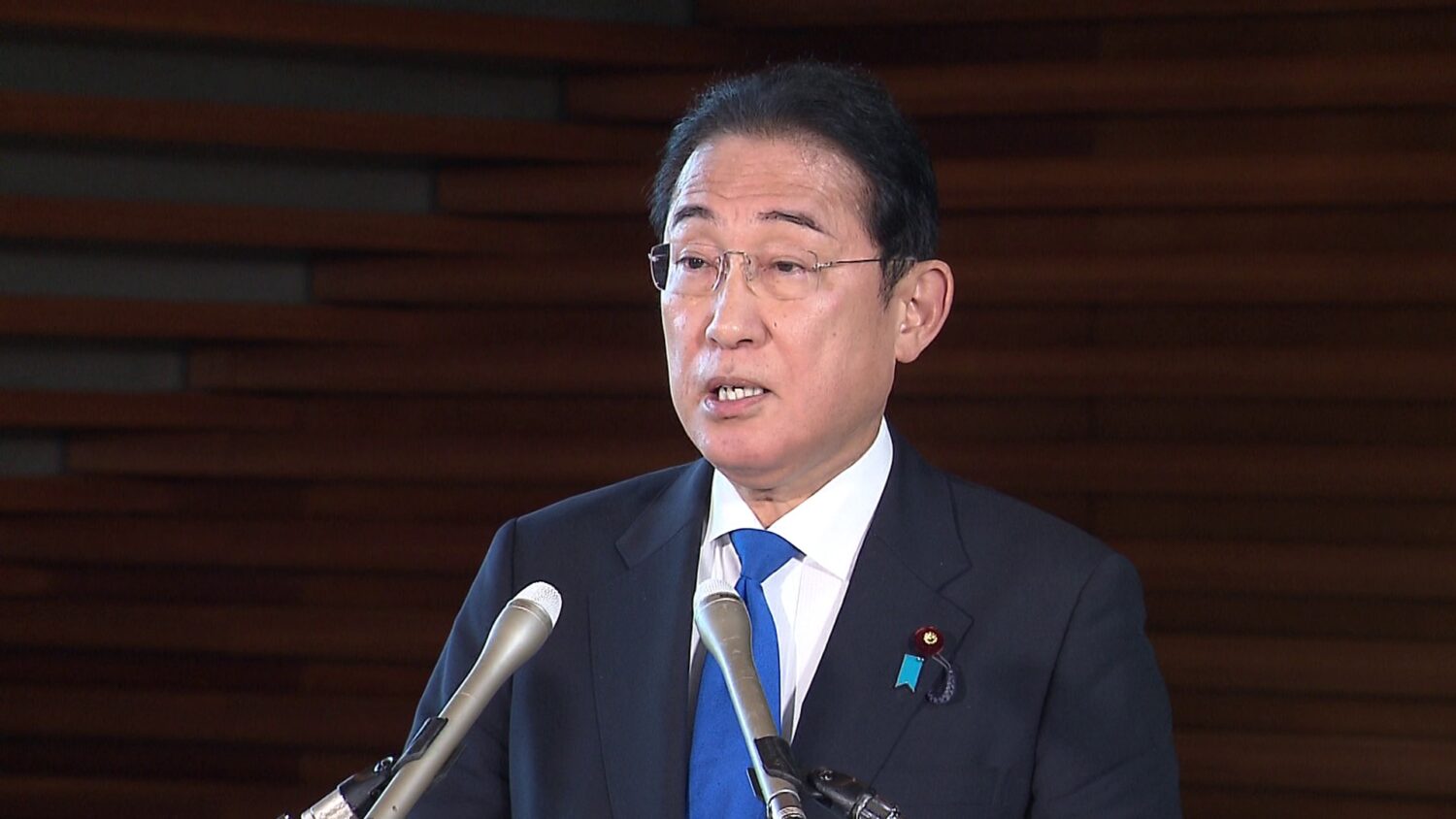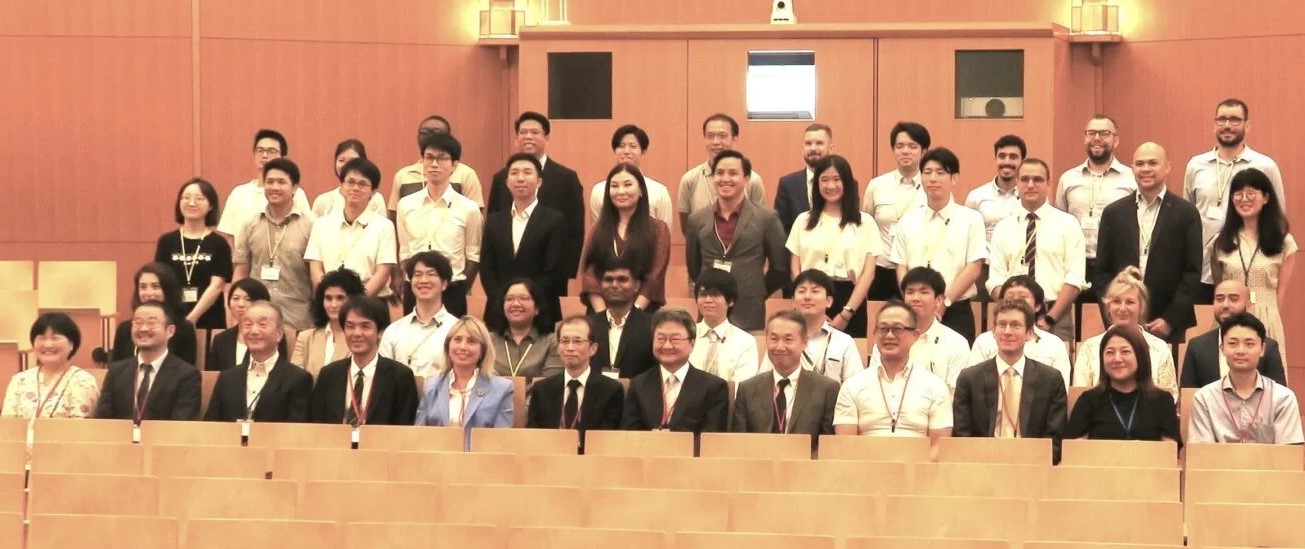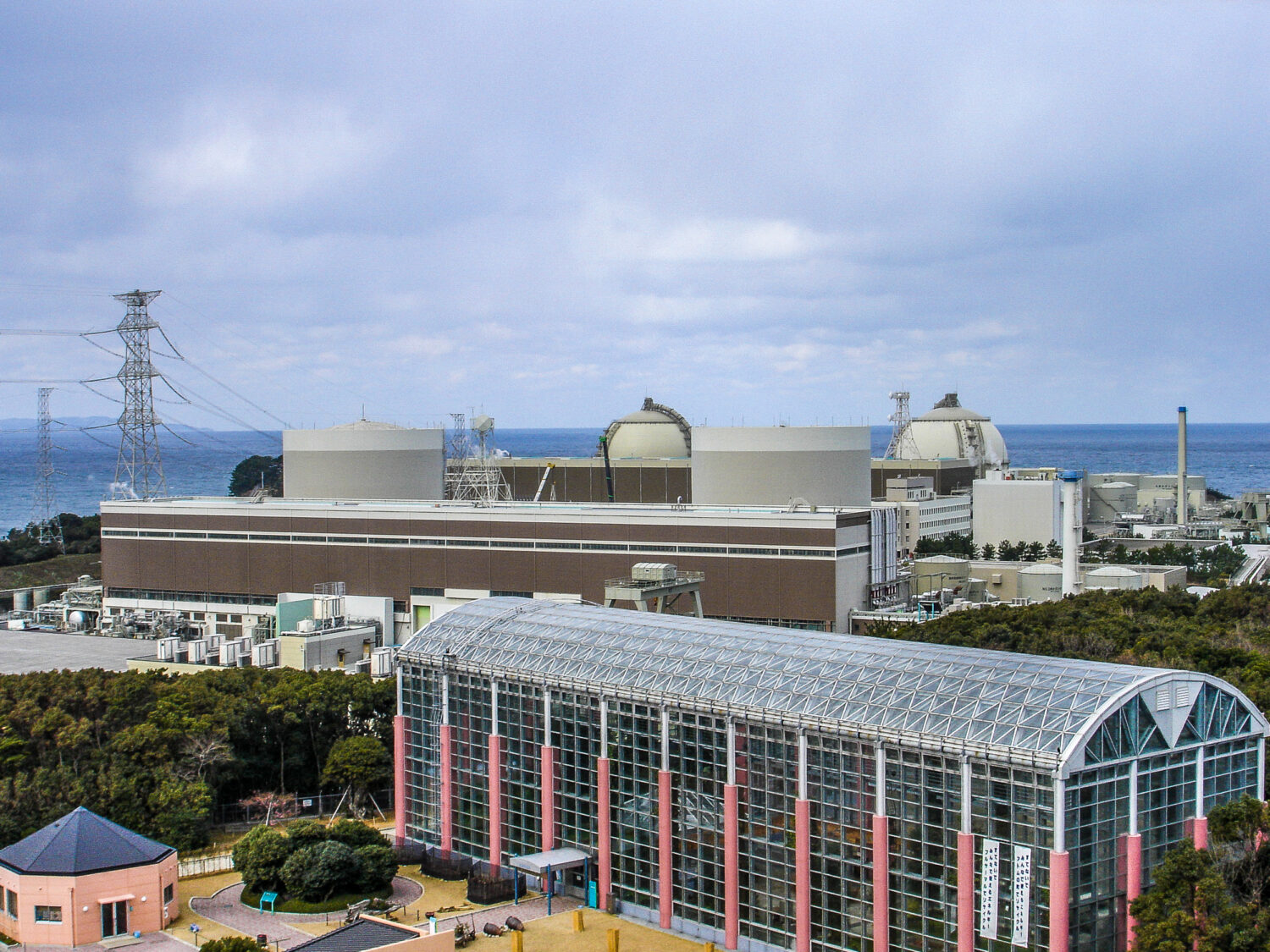The town’s mayor, WAKIYAMA Shintaro, had expressed his intention on May 10 to accept the survey’s implementation. The survey marks the third such case, following those begun in 2020 at Suttsu Town and Kamoenai Village, both in Hokkaido.
Literature surveys—which represent the first stage in the selection of preliminary investigation sites under the Designated Radioactive Waste Final Disposal Act—consist of reviews of literature and data regarding regional geology around municipalities that manifest interest. For a period of about two years while the survey is being conducted, the national government provides a grant of up to JPY 2 billion (around USD 12.8 million) to the region where it takes place.
While the Genkai Nuclear Power Plants (PWRs, 1180MWe x 2 units) are in Genkai Town, the site selection and decision process involve no radioactive waste being brought onto the site.
Since April, the Genkai town assembly had discussed whether to accept the literature survey based on requests from local commercial and industrial organizations. On May 1, the Agency for Natural Resources and Energy (ANRE) also delivered a request to Mayor Wakiyama.
Upon the start of the new literature survey, NUMO President KONDO Shunsuke released the following comment: “NUMO will provide thorough explanations of the disposal business, including geological disposal technology and its safety. We will also explain the state of progress and results of the survey, and will carefully respond to the interests of the local people.”
NUMO is the organization that will conduct the business of geological disposal. President Kondo reiterated that literature surveys “are not directly connected to the selection of a final disposal site.” In Genkai Town, based on experience in the two municipalities in Hokkaido, occasions for dialogue with the local community are expected.
NUMO will continue its activities to enhance understanding through dialogue-oriented explanatory meetings held across the country and efforts to enlighten the next generation.
At a press conference on June 11, SAITO Ken, head of Japan’s Ministry of Economy, Trade and Industry (METI), expressed his respect and gratitude to Genkai Town for its acceptance of the literature survey. He then referred to the issue of HLW disposal after power generation and emphasized the importance of the issue as a “national” one. The minister indicated that the government would provide necessary information so that nationwide discussions can be conducted on the issue.
Currently, reports are being drawn up by the Advisory Committee for Natural Resources and Energy’s working group of experts and specialists examining the literature surveys at Suttsu Town and Kamoenai Village.



